1. The Ban on Hanging Clothes Outside in Some Areas
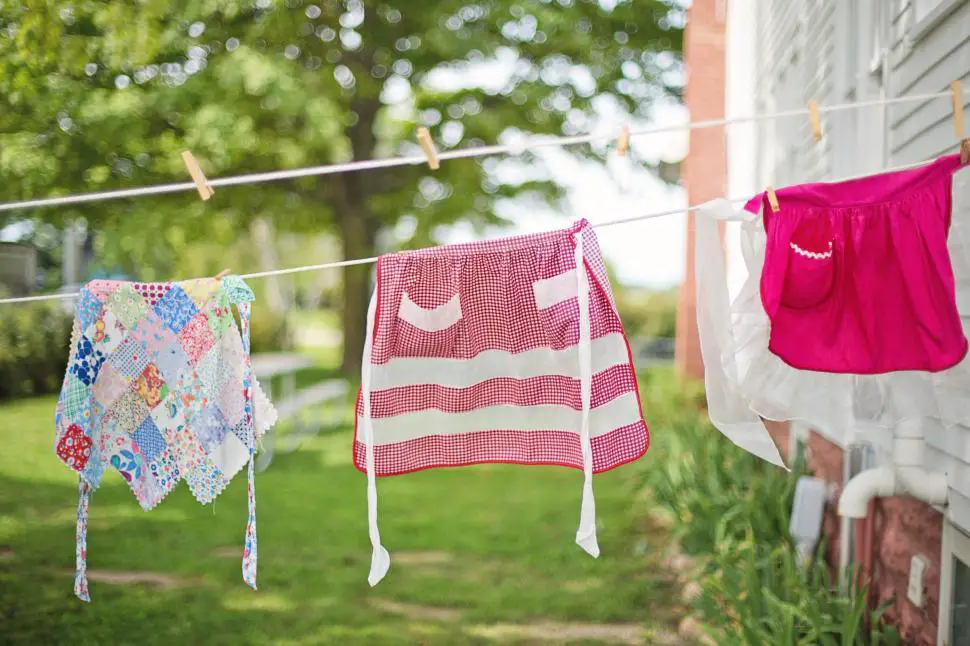
In neighborhoods governed by homeowners associations (HOAs), it’s not uncommon for outdoor clotheslines to be banned. These rules are often justified as protecting neighborhood aesthetics, but they also prevent homeowners from using an eco-friendly method to dry their laundry. For example, in Florida, some HOAs have banned clotheslines despite the state’s “Right to Dry” statute, which legally protects residents who want to air-dry their clothes.
According to the Natural Resources Defense Council (NRDC), air-drying laundry can reduce household energy consumption by up to 5% and significantly lower greenhouse gas emissions. These bans not only hinder sustainable living but also force homeowners to rely on energy-intensive dryers. Repealing these restrictions would allow more people to embrace environmentally friendly practices in their daily lives.
2. Lawn Height Requirements

In many cities, homeowners are required to keep their lawns trimmed to a certain height, often six inches or less. Failing to do so can result in fines, penalties, or even forced mowing by the city—at the homeowner’s expense. While the intention is to maintain tidy neighborhoods, these rules discourage the growing trend of letting lawns flourish naturally to support pollinators and native plants.
The National Audubon Society explains that longer grass and native plants are critical for supporting bees, butterflies, and other essential wildlife. Strict lawn height laws prioritize appearances over environmental health, forcing homeowners to spend time and money maintaining lawns that harm biodiversity. Repealing these rules would encourage sustainable landscaping practices and benefit local ecosystems.
3. The Ban on Certain Exterior Paint Colors
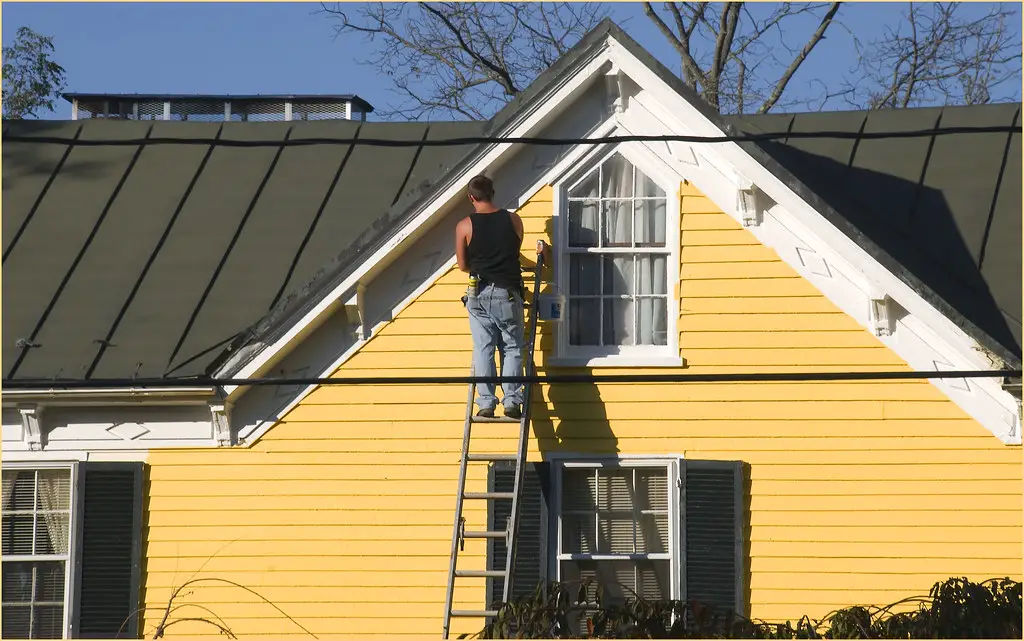
In some communities, HOAs dictate what color you can paint your home’s exterior, limiting residents to neutral or earth tones. While these rules aim to maintain a cohesive neighborhood aesthetic, they stifle individuality and make it difficult for homeowners to express their personal style. For example, in parts of California, HOAs have even fined homeowners for painting their houses pastel colors.
A report by Realtor.com highlights how exterior paint restrictions can decrease a homeowner’s property value by making homes appear generic or outdated. Additionally, limiting color choices can increase painting costs, as specialized colors are often more expensive. Repealing such restrictions would allow homeowners to embrace creativity without fear of fines or penalties.
4. The Prohibition of Front Yard Gardens
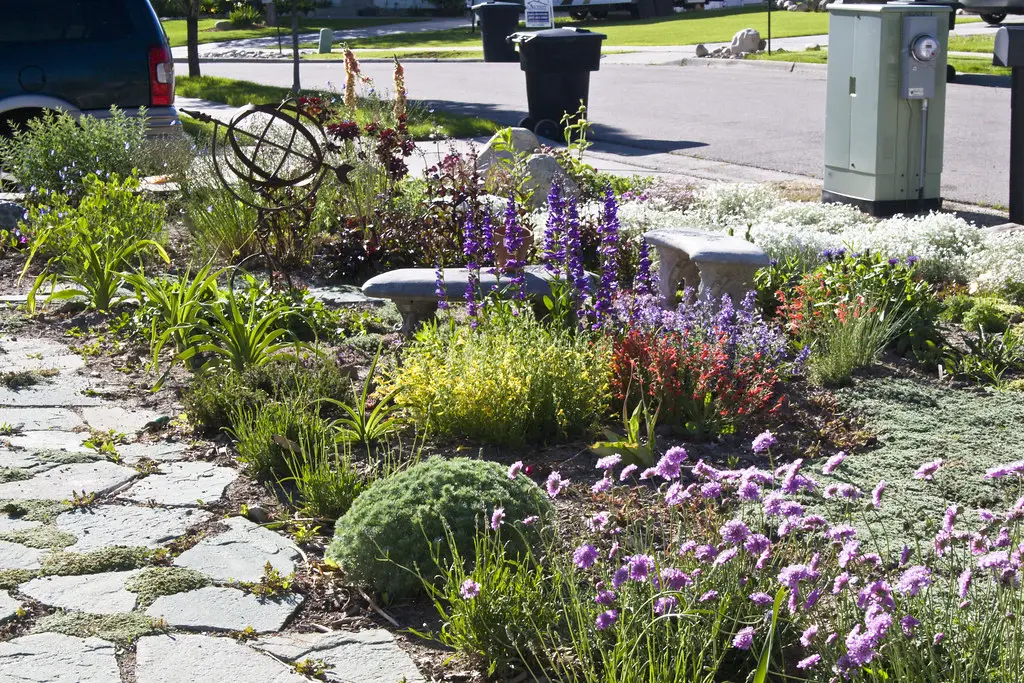
In many communities, laws or HOA rules ban homeowners from planting vegetable gardens in their front yards. These regulations often stem from concerns about aesthetics, but they disregard the growing interest in sustainable living and urban agriculture. For instance, in Florida, a homeowner’s legal battle over a front yard garden led to a state law in 2019 protecting the right to grow food on residential property.
According to the U.S. Department of Agriculture (USDA), home gardening can significantly reduce food waste, promote healthier eating habits, and decrease reliance on store-bought produce. Banning front yard gardens restricts homeowners from taking steps toward self-sufficiency and environmental stewardship. Repealing these laws would empower individuals to grow their own food and make better use of their land.
5. The Ban on Certain Pet Ownership

Some homeowner regulations restrict residents from owning certain types of pets, including exotic animals, large breeds of dogs, or even chickens. While safety and noise concerns are often cited, these blanket bans ignore the reality that many pet owners are responsible and can ensure their animals do not become a nuisance. For example, a Rhode Island woman recently faced legal challenges for keeping backyard chickens, despite using them for sustainable food production.
The Humane Society of the United States advocates for reasonable pet ownership policies that balance the rights of pet owners with community needs. Outdated restrictions that limit harmless pets or sustainable practices like raising chickens are unnecessary. Repealing these rules would support responsible pet ownership while allowing residents more freedom to make their own choices.
6. The Prohibition of Rainwater Collection
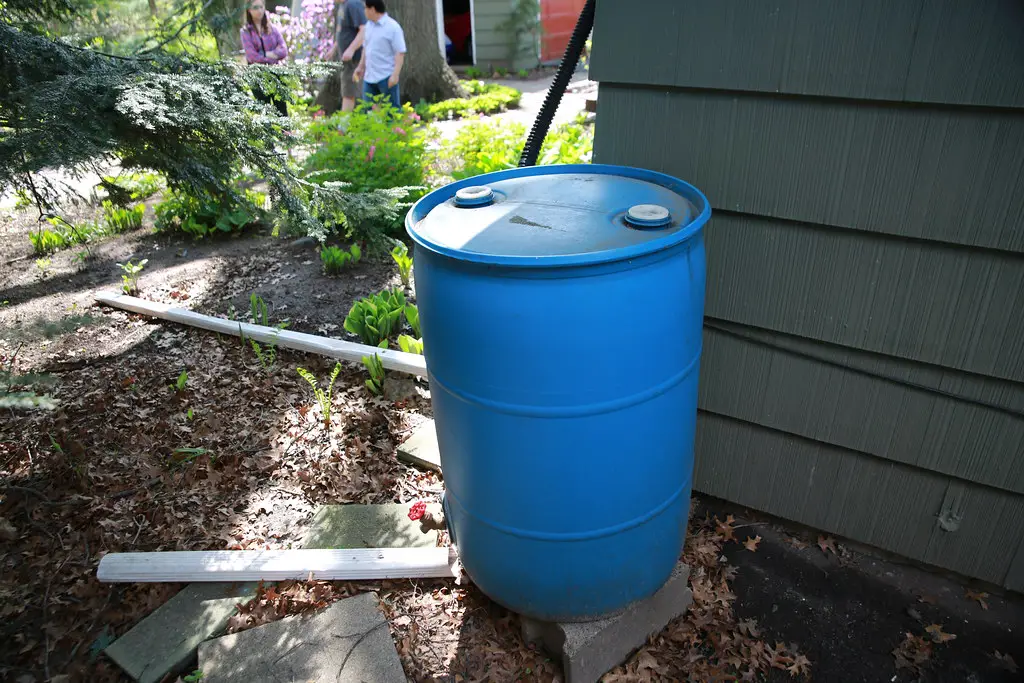
In some states, collecting rainwater on your property is either heavily regulated or outright banned. These laws often date back to outdated water rights doctrines that prioritize public water systems. For instance, in Colorado, it was illegal to collect rainwater until 2016, when the state passed a law allowing limited collection for personal use.
As noted by Scientific American, rainwater harvesting is a practical way to conserve water and reduce demand on municipal supplies. It’s an effective method for irrigating gardens, washing cars, and even flushing toilets. Banning rainwater collection is counterproductive to water conservation efforts, and repealing these restrictions would encourage more sustainable water usage.
7. Laws Requiring Specific Roofing Materials

In some municipalities, homeowners are required to use specific roofing materials, such as asphalt shingles, even when other materials may be more durable, eco-friendly, or cost-effective. These rules are often implemented to maintain a uniform neighborhood appearance but can significantly increase costs for homeowners.
The U.S. Department of Energy (DOE) reports that alternative roofing materials like metal or solar shingles can improve energy efficiency and reduce long-term maintenance expenses. Restricting roofing options forces homeowners to choose less sustainable materials and miss out on potential savings. Repealing these laws would allow greater flexibility and innovation in home construction.
8. The Requirement to Park in Garages Only
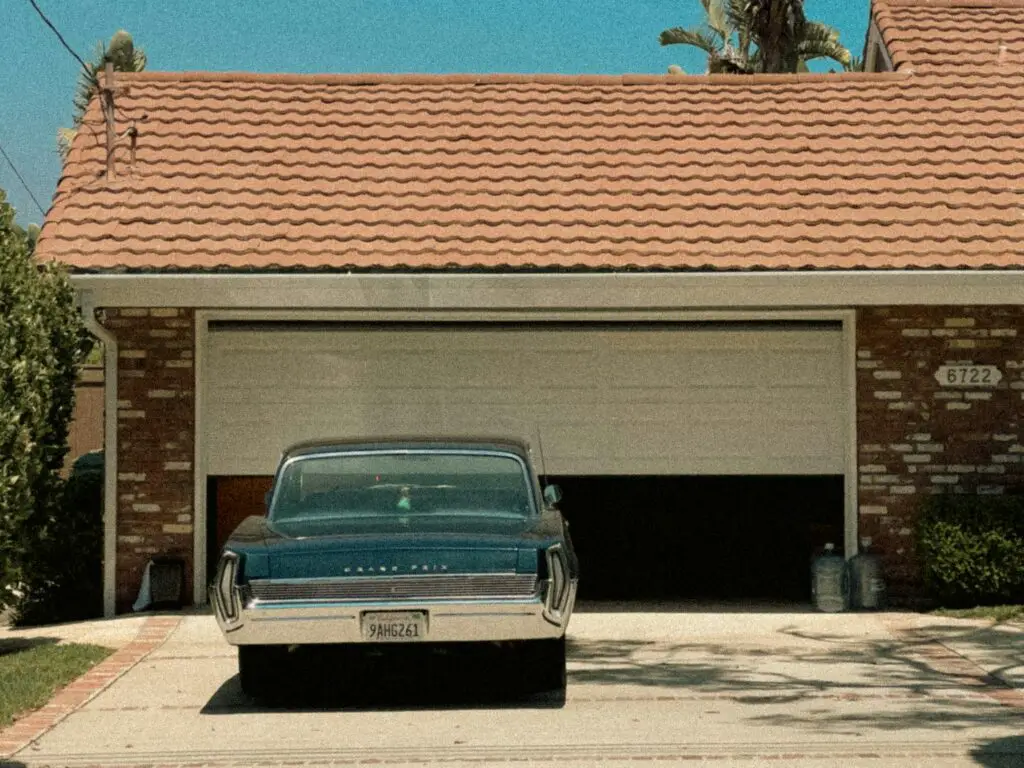
Some HOAs and city ordinances require homeowners to park their vehicles exclusively in garages, leaving driveways empty. While this rule may aim to reduce visual clutter, it often inconveniences families with multiple vehicles or large cars that don’t fit in standard garages.
According to Zillow, garage-only parking restrictions can deter potential homebuyers, especially those with RVs, boats, or work vehicles. These rules can also create unnecessary stress for homeowners, forcing them to rent additional storage space or risk fines. Repealing such regulations would provide more practical parking solutions for modern households.
9. Restrictions on Solar Panel Placement
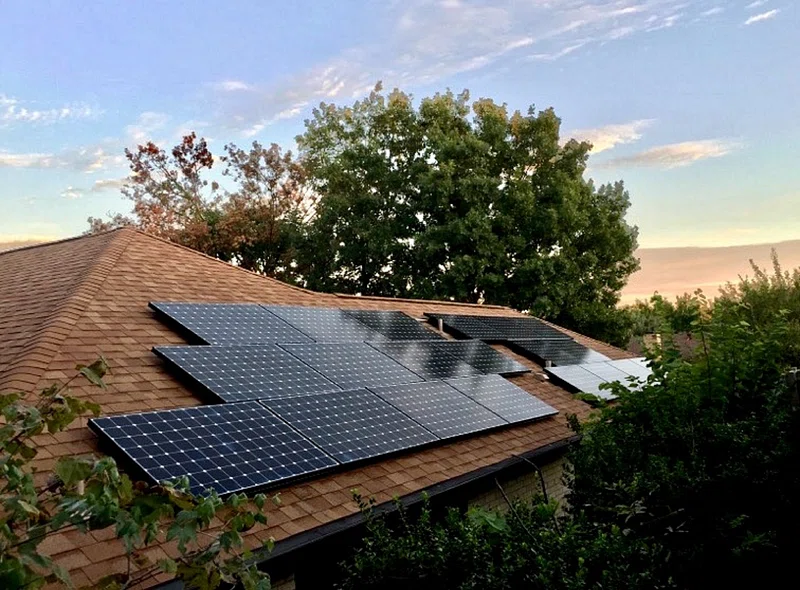
Despite growing interest in renewable energy, some HOAs impose restrictions on where homeowners can install solar panels, often limiting visibility from the street. While these rules are intended to maintain neighborhood aesthetics, they frequently hinder homeowners from maximizing solar energy efficiency.
The Solar Energy Industries Association (SEIA) emphasizes that unrestricted access to solar panel placement is essential for reducing carbon emissions and lowering energy costs. Limiting placement options can discourage homeowners from investing in solar power altogether. Repealing these restrictions would help more residents adopt clean energy solutions and contribute to environmental progress.
10. Laws Prohibiting Tiny Homes on Properties
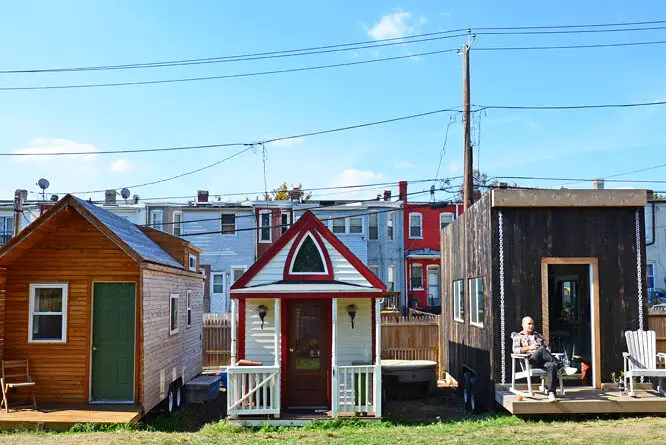
In many areas, zoning laws prohibit tiny homes from being placed on residential properties, even as accessory dwelling units (ADUs). These rules often stem from concerns about property values or overcrowding but ignore the growing demand for affordable and sustainable housing solutions.
According to Forbes, tiny homes are an effective way to address housing shortages and provide flexible living options for families or retirees. Outlawing them on residential lots limits innovation in housing and restricts homeowners from fully utilizing their land. Repealing these bans would open the door to more creative and affordable housing solutions.
11. The Prohibition of Backyard Fire Pits

In some communities, backyard fire pits are strictly prohibited, even if they are built safely and used responsibly. These rules are often justified by concerns about fire hazards and air quality but fail to account for modern safety measures and fire pit designs. For instance, in parts of California, local ordinances ban fire pits outright, even in areas with low fire risk.
According to the National Fire Protection Association (NFPA), properly installed and maintained fire pits pose minimal risk when used in compliance with safety guidelines. Backyard fire pits offer homeowners a way to enjoy their outdoor spaces and create meaningful family memories. Repealing blanket bans would allow responsible homeowners to use fire pits safely while still addressing legitimate safety concerns through clear regulations.
12. Laws Requiring Expensive Fence Styles
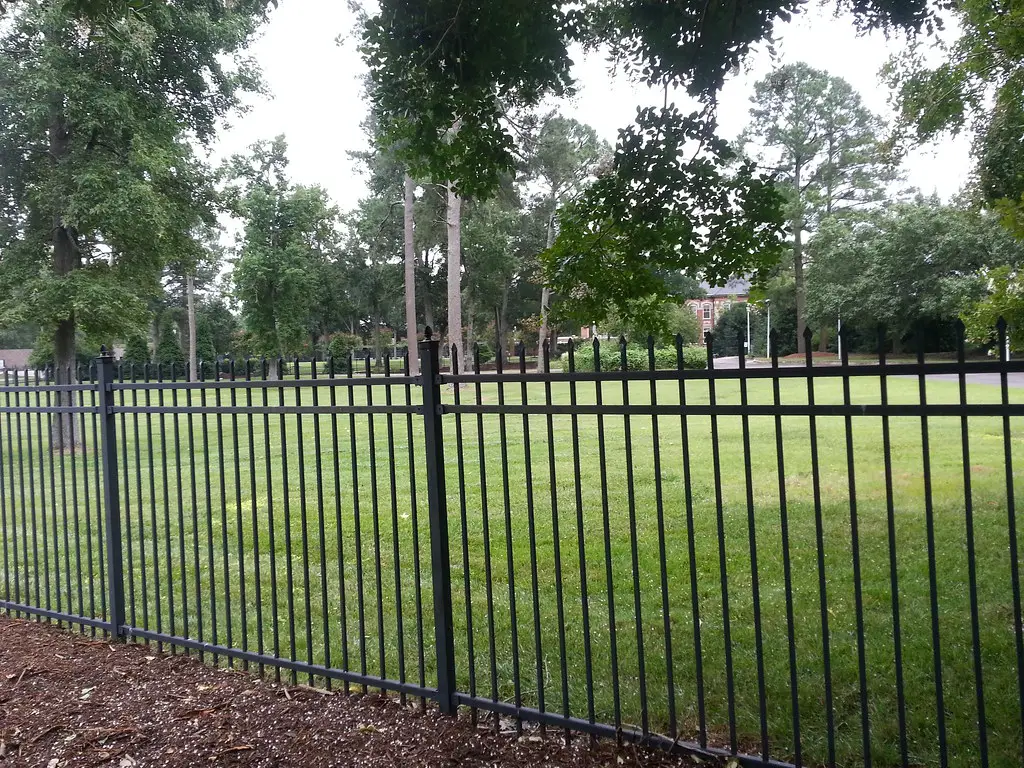
In many neighborhoods, HOAs dictate the specific type, material, and even color of fences homeowners can install, often mandating expensive options like wrought iron or specific wood finishes. While these rules aim to maintain uniformity, they place an undue financial burden on homeowners who may prefer simpler or more cost-effective fencing solutions.
The American Fence Association (AFA) notes that a variety of fence styles can provide privacy, security, and aesthetic appeal at varying price points. By mandating only one style, these laws ignore the diverse needs and budgets of homeowners. Repealing restrictive fencing regulations would allow more affordable and creative solutions that still enhance neighborhood appearances.
13. The Ban on Airbnb or Short-Term Rentals

Many cities and HOAs enforce strict bans or significant restrictions on short-term rentals, such as Airbnb or VRBO, to prevent potential noise complaints or disruptions in residential areas. While these rules aim to protect neighborhood tranquility, they often deny homeowners a valuable source of income and limit options for travelers seeking alternative accommodations. For instance, New York City recently implemented stricter short-term rental laws, requiring hosts to register with the city and adhere to burdensome regulations.
According to The New York Times, short-term rentals can contribute positively to local economies by attracting visitors and providing homeowners with supplemental income. Blanket bans overlook the potential for responsible hosting practices that address noise and safety concerns. Repealing these bans and replacing them with balanced, enforceable guidelines would better serve both homeowners and their communities.
